Neal Sideman's Story - Overcoming Agoraphobia, Panic Attacks and Anxiety
In this 2001 Discovery Channel video ADAA member Neal Sideman discusses his personal experience with panic attacks, anxiety and agoraphobia and how he worked through his struggles with the help of therapy.


 At 3 AM on a July 2012 morning, I lay helpless on an emergency room cot, unable to experience any emotion other than fear and the physical sensations that racked my body. My extreme levels of anxiety did not cease; my body showed me no mercy, perhaps because my racing mind did not extend that courtesy to my body. I was wrapped in a backless hospital gown and meagerly strewn blanket that had been nuked in a microwave to keep me warm.
At 3 AM on a July 2012 morning, I lay helpless on an emergency room cot, unable to experience any emotion other than fear and the physical sensations that racked my body. My extreme levels of anxiety did not cease; my body showed me no mercy, perhaps because my racing mind did not extend that courtesy to my body. I was wrapped in a backless hospital gown and meagerly strewn blanket that had been nuked in a microwave to keep me warm.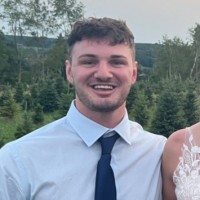
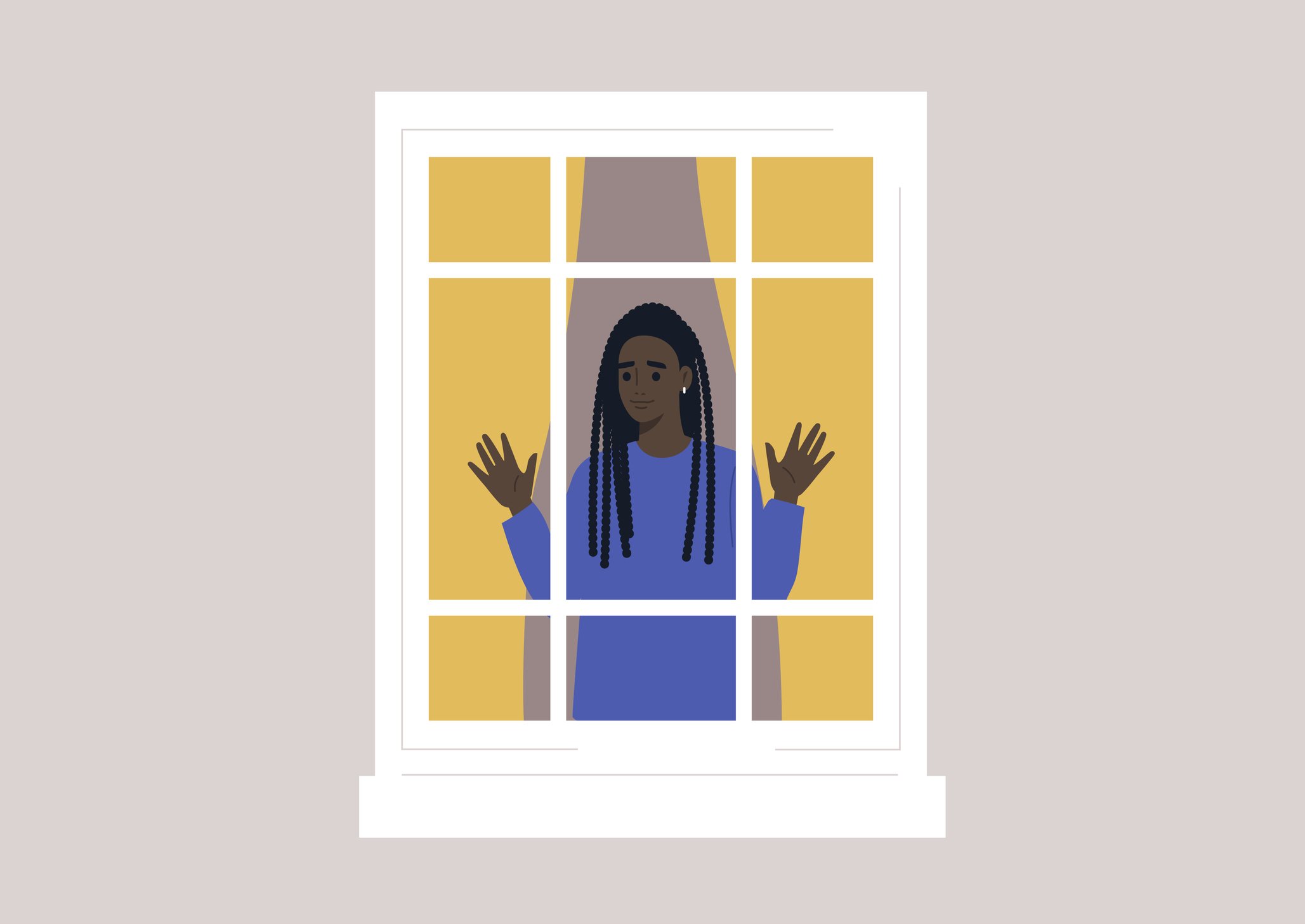
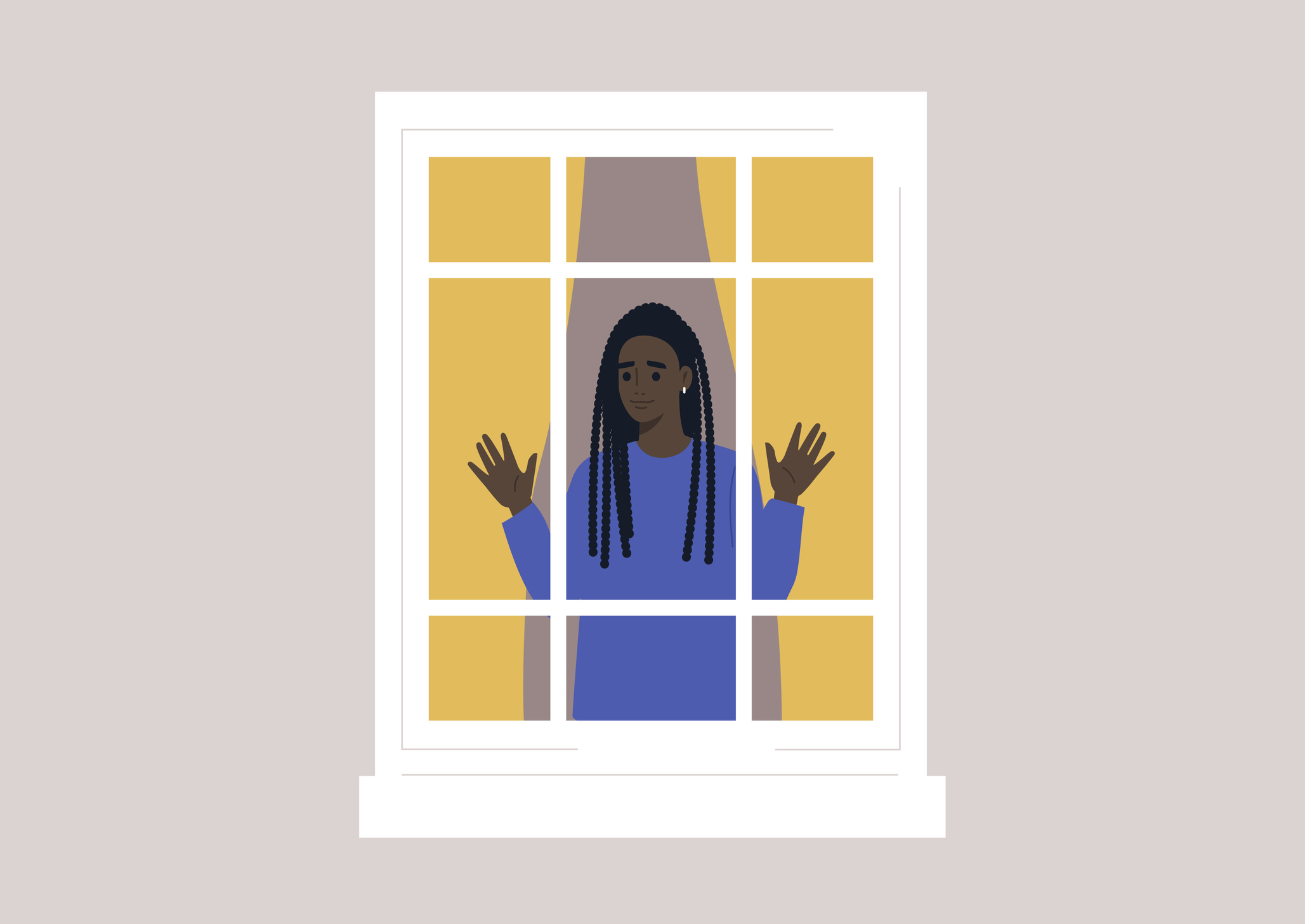
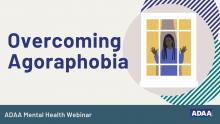
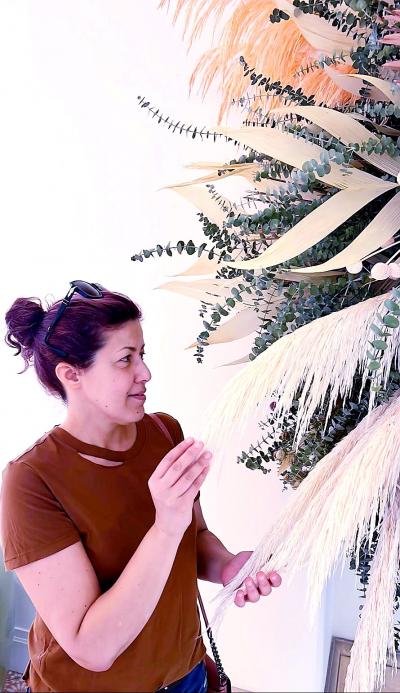 You are sitting on a chair listening to a conversation between two people. One of them is your mentor—a psychologist with a specialty in clinical psychology—and the other is a voluntary participant in a clinical research study.
You are sitting on a chair listening to a conversation between two people. One of them is your mentor—a psychologist with a specialty in clinical psychology—and the other is a voluntary participant in a clinical research study.




